 A new study describes the mechanics behind an early key step in artificially activating carbon dioxide so that it can rearrange itself to become the liquid fuel ethanol.
A new study describes the mechanics behind an early key step in artificially activating carbon dioxide so that it can rearrange itself to become the liquid fuel ethanol.
Solving this chemical puzzle may one day lead to cleaner air and renewable fuel.
The scientists’ ultimate goal is to convert harmful carbon dioxide (CO2) in the atmosphere into beneficial liquid fuel. Currently, it is possible to make fuels out of CO2—plants do it all the time—but researchers are still trying to crack the problem of artificially producing the fuels at large enough scales to be useful.
Theorists at Caltech used quantum mechanics to predict what was happening at atomic scales, while experimentalists at the Department of Energy’s (DOE) Lawrence Berkeley National Lab (Berkeley Lab) used X-ray studies to analyze the steps of the chemical reaction.
“One of our tasks is to determine the exact sequence of steps for breaking apart water and CO2 into atoms and piecing them back together to form ethanol and oxygen,” says William Goddard professor of chemistry, materials science, and applied physics, who led the Caltech team. “With these new studies, we have better ideas about how to do that.”


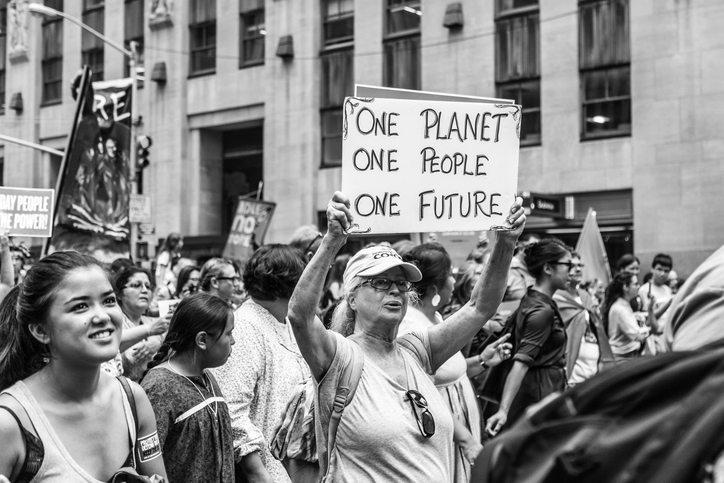 When politicians distort science, academics and scientists tend to watch in shock
When politicians distort science, academics and scientists tend to watch in shock 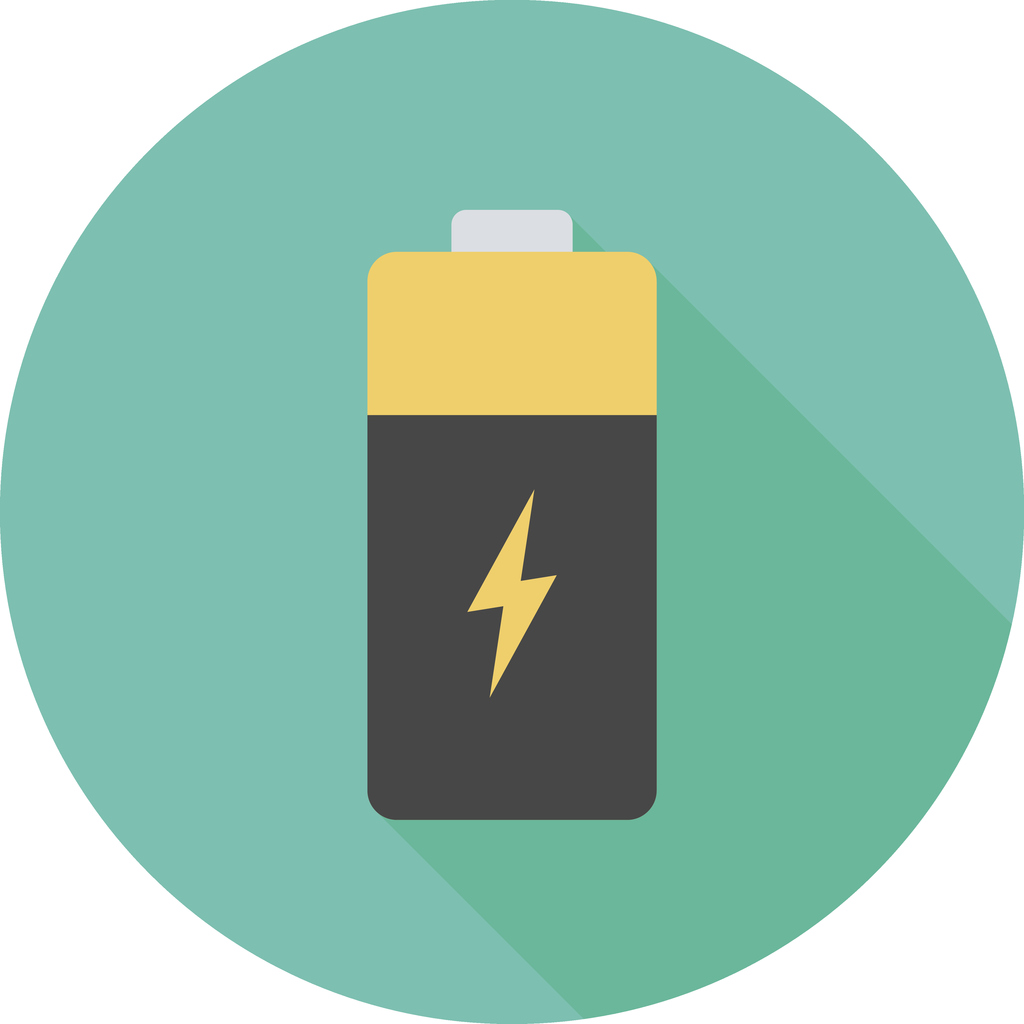 In an effort to increase security on airplanes, the U.S. government is considering expanding a ban on lithium-ion based devices from cabins of commercial flights, opting instead for passengers to transport laptops and other electronic devices in their checked luggage in the cargo department. However, statistics from the Federal Aviation Administration suggest that storing those devices in the cargo area
In an effort to increase security on airplanes, the U.S. government is considering expanding a ban on lithium-ion based devices from cabins of commercial flights, opting instead for passengers to transport laptops and other electronic devices in their checked luggage in the cargo department. However, statistics from the Federal Aviation Administration suggest that storing those devices in the cargo area 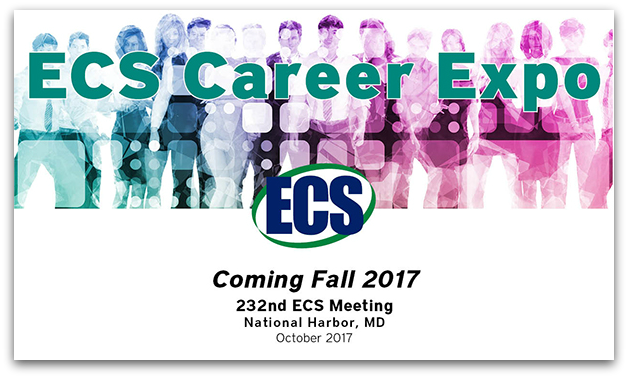 At the
At the 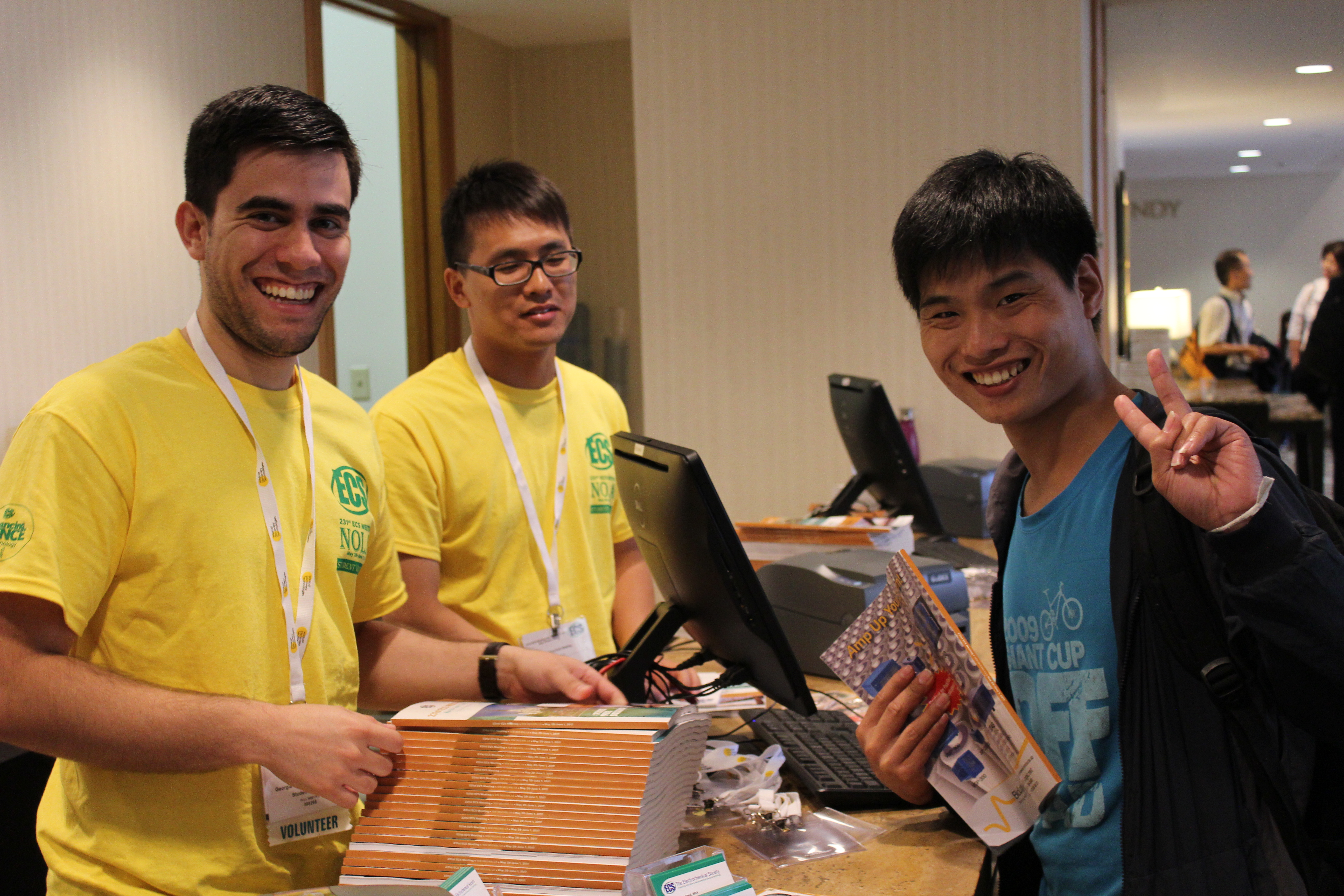
 Recently there has been a spate of comment expressing frustration about the allegedly slow progress of open access, and especially Green open access. It is hard to disagree with some of this sentiment, but it is important that frustration not lead us into trying to solve a problem with a worse solution. The key, I believe, to making real advances in open access is to walk away from the commercial publishers who have dominated the market for scholarship. Only if we do that can libraries free up money from our collection budgets to do truly new things. A new business model with the same old players, even if it were possible, would be a mistake.
Recently there has been a spate of comment expressing frustration about the allegedly slow progress of open access, and especially Green open access. It is hard to disagree with some of this sentiment, but it is important that frustration not lead us into trying to solve a problem with a worse solution. The key, I believe, to making real advances in open access is to walk away from the commercial publishers who have dominated the market for scholarship. Only if we do that can libraries free up money from our collection budgets to do truly new things. A new business model with the same old players, even if it were possible, would be a mistake.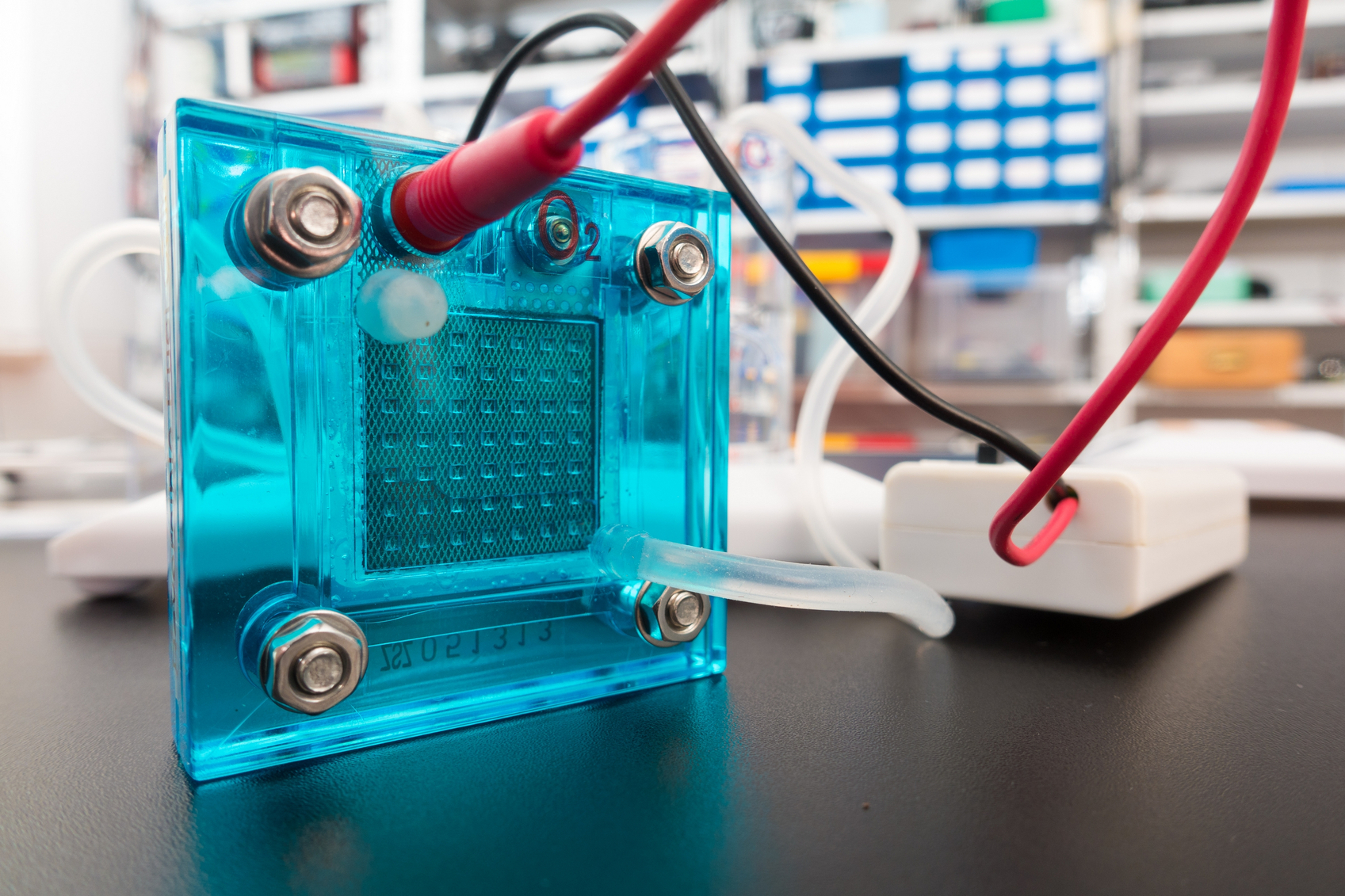 Researchers from Purdue University are making headway on solving issues in electrolyzers and fuel cell development by gaining new insight into electrocatalysts.
Researchers from Purdue University are making headway on solving issues in electrolyzers and fuel cell development by gaining new insight into electrocatalysts.